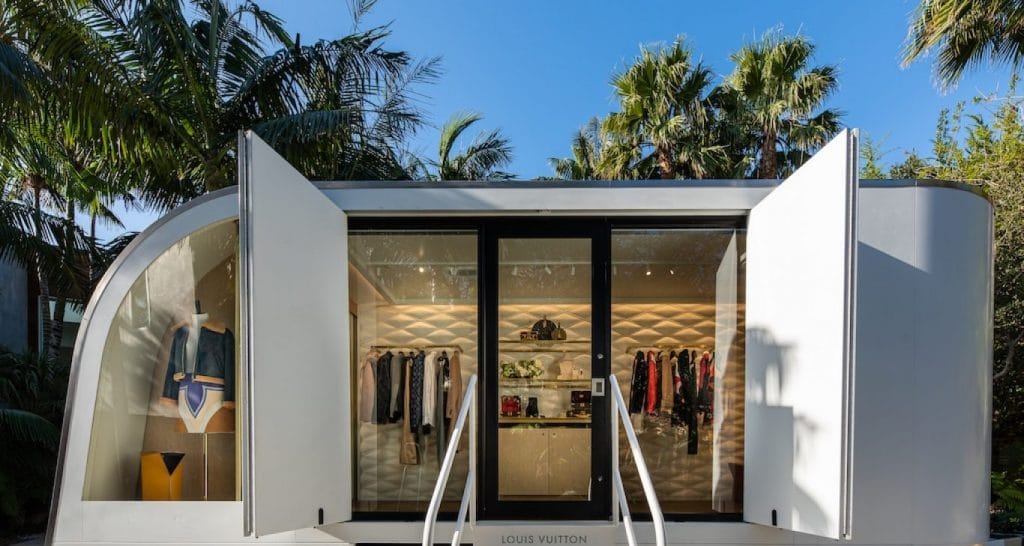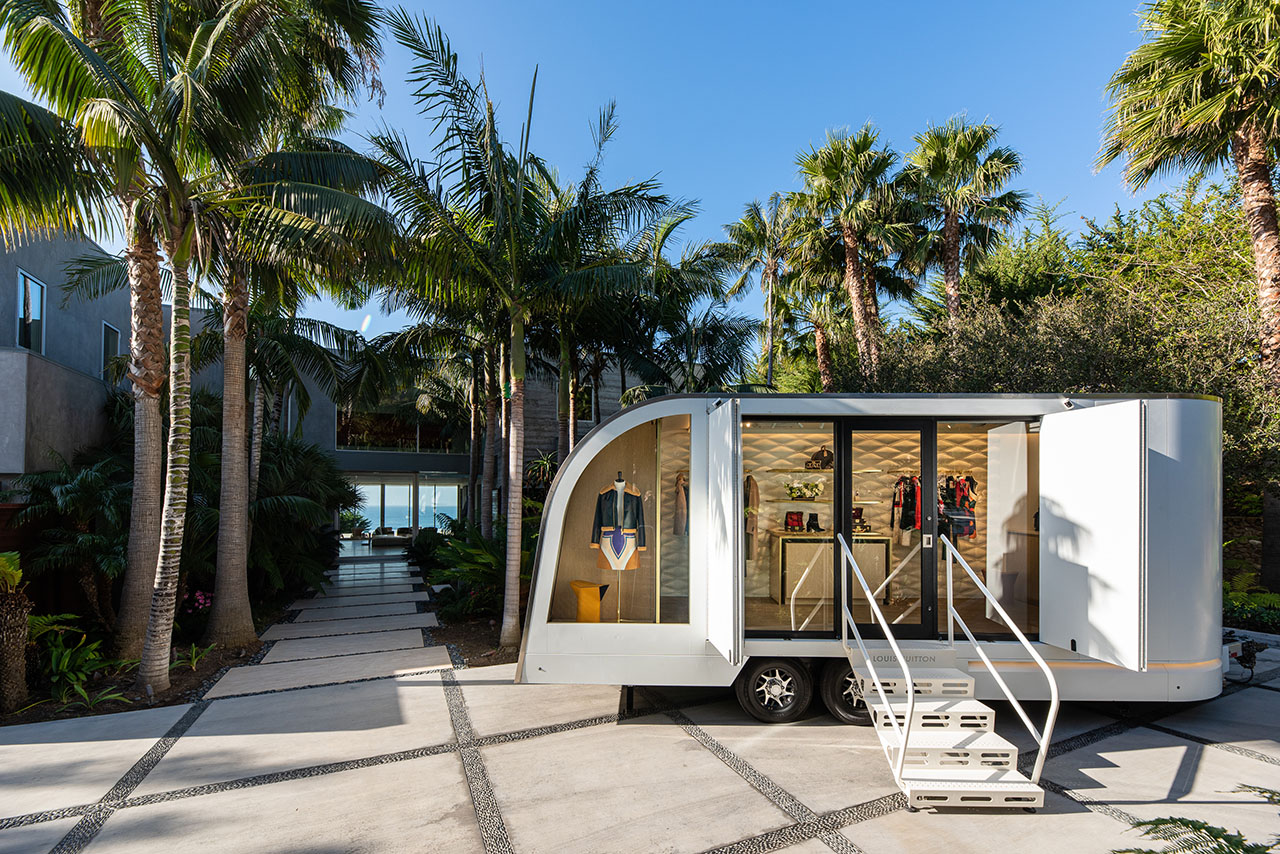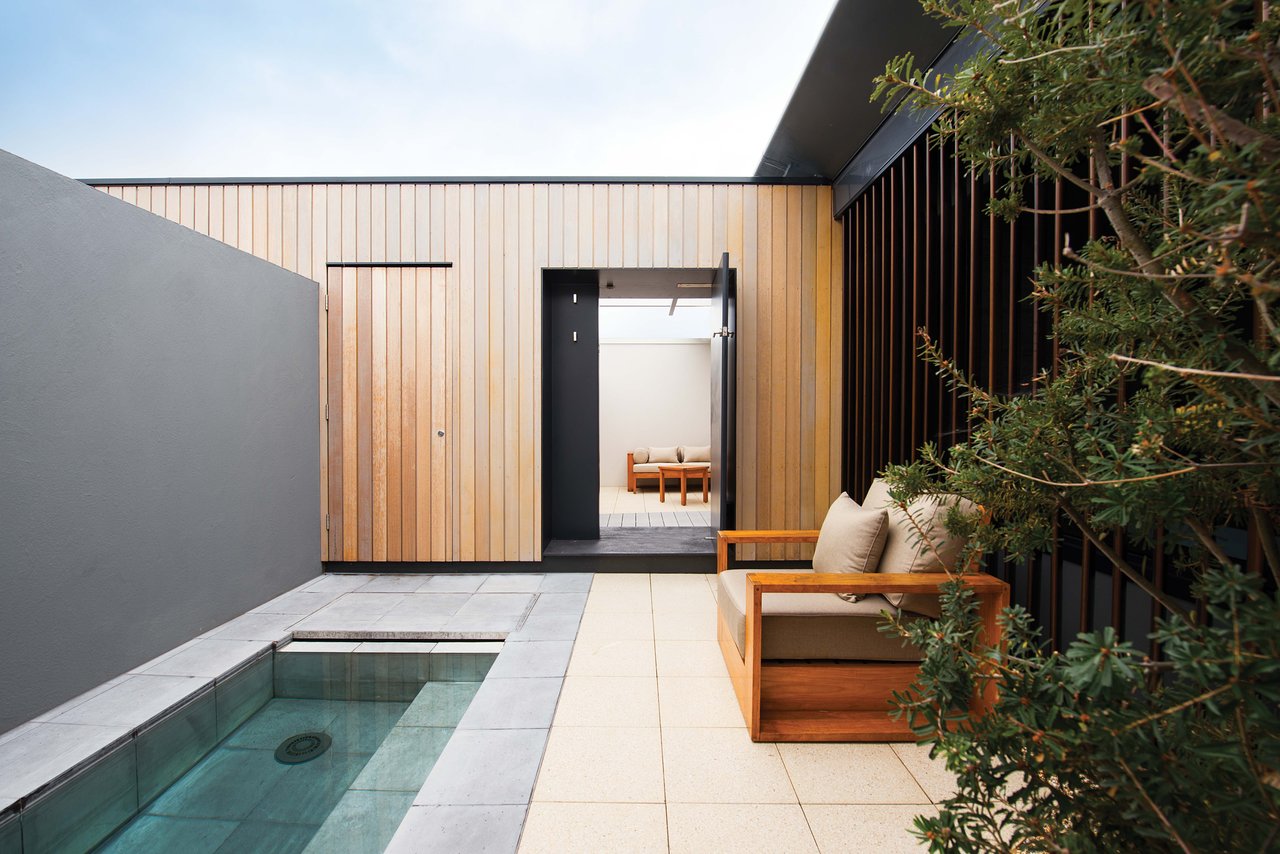[vc_row njt-role-user-roles=”administrator,armember”][vc_column][vc_column_text]
At a time when most of Europe is once again being shut down, luxury brands have decided to respond to their customers’ requests via more direct channels. For example, Genoa-based jeweller Gismondi 1754 sold a €300,000 diamond ring to a wealthy Swiss customer via the WhatsApp messaging service. Moncler, meanwhile, delivered gourmet meals to the homes of its customers, who were able to enjoy a dinner over a streaming video of the brand’s latest collection. Analysis.
Improved customer relations through more in-depth contact
“I was on the phone talking to the lady who is buying it, and it turned out to be a lifelong dream for her,” said Massimo Gismondi, managing director of the eponymous jewellery group.
The exchanges began with the customer via WhatsApp with video calls to find the perfect design for the ring to be delivered to her home.
“People want leisure, to come back and enjoy life and spend,” Gismondi told Reuters.
Before the pandemic, it is clear that the jeweller would not have sold a 10-carat diamond ring worth €300,000 without the customer being able to see it, touch it, try it on in person.
From Moncler, boss Remo Ruffini said: “We are learning that we can also have a high level of service with a low level of physical contact. Remote sales are a new opportunity, something halfway between e-commerce and a traditional shop.”
The fact that distance is no longer a barrier to customer shopping is justified by the fact that, according to analysts, confinements and traffic restrictions mean that affluent Europeans have money to spend that they don’t spend in fancy hotels or Michelin-starred restaurants. Designer brands are obviously looking for ways to capture this money.
As another example, over the past year, cashmere jumper brand Brunello Cucinelli has held video calls with 30-40 customers at a time to keep them interested.
“This allows us to establish a dialogue with a number of people that would take us perhaps three to four years to organise in the form of a one-to-one physical meeting,” Luca Lisandroni, co-CEO of the brand, told Reuters. The executive also said that brands should not become too pushy in trying to sell their products. “Some people like to be contacted and stimulated, others don’t want to be overly solicited,” he said.
The rise of door-to-door sales
Senior industry executives have stated that this trend to sell outside the traditional shop network, without replacing the need for physical shops, is not only temporary, but will be confirmed in a post-pandemic period.
Each luxury brand has embraced the remote approach to its customers.
For example, LVMH has begun to bring its shops to the doorstep of affluent customers in the United States with the “LV by Appointment” campaign, which essentially consists of bringing a bespoke shop to the customer, with a personalised selection of pieces, from leather goods to watches and perfumes.

In fact, a source at an Italian luxury fashion brand said that the contact process goes like this: the brand’s marketing department provides a list of customers to contact, based on what they have purchased in the past year. The salespeople then phone the customers, show them the latest arrivals via video chat and send them clothes or shoes to try on.
“You create a strong relationship between the salespeople and the customer,” Prada CEO Patrizio Bertelli told Reuters. “We’ve gone from a salesperson who just shows you a product to someone who also does a bit of marketing, who knows the customers, their tastes and habits, who reaches out to them and sends items home.”
A Milan-based PR manager who spends an average of €40,000 a year in Prada shops said that for the past year Prada has been sending her regular videos of its collections. “If there is something I like, they send it to my house. They know my size and if in doubt, they send more than one size. I buy what I like and send the rest back,” she said.
Another initiative is the transformation of luxury shop assistants into personal shoppers who pamper their most important customers. They send products to their homes and keep in touch regularly.
François-Henri Pinault, CEO of Kering, which owns Gucci, said in February that the group’s revenue from “distance sales” – or sales outside its global network of shops – had risen sharply last year. The group has trained 400 sales assistants in 16 countries for this purpose, he said.
Read also > FRENCH START-UP HAPTICMEDIA FACILITATES THE TRANSITION TO DIGITAL FOR LUXURY HOMES
Featured Photo : © LVMH[/vc_column_text][/vc_column][/vc_row]








